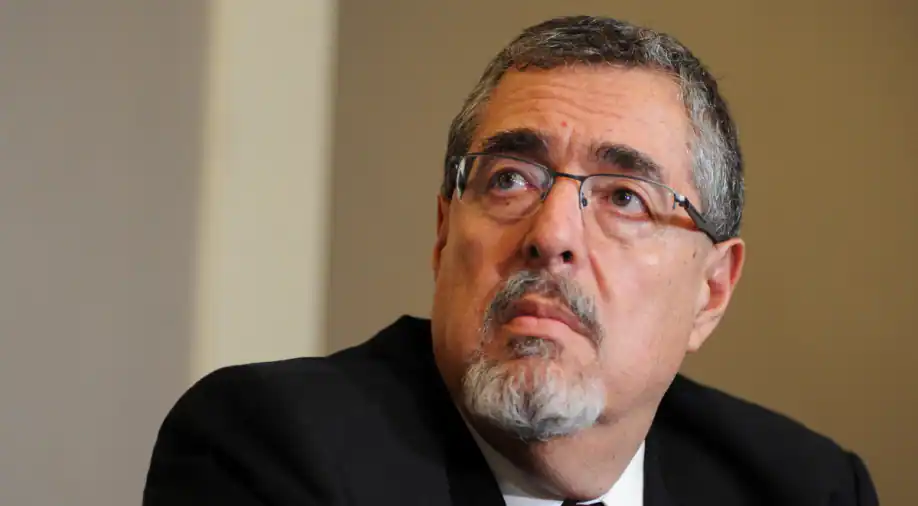Guatemala’s president-elect, Bernardo Arévalo, a social democrat, made a strong statement on Friday, alleging a “coup d’état” plan aimed at thwarting his inauguration in January 2024, following his victory in the runoff election on August 20.
Arévalo asserted, “A group of corrupt politicians and officials, unwilling to accept the runoff result, is actively working to undermine the constitutional order and subvert democracy.” This declaration came just days after the judiciary disqualified his Semilla party.
During a press conference, Arévalo, the son of a former president known for leaving a significant impact on the country, emphasized his victory with 58% of the vote. His campaign had promised a determined fight against corruption, a deeply rooted issue in Guatemala. This broad victory sparked hope for change in a nation grappling with poverty, violence, and corruption, driving thousands of Guatemalans to emigrate annually. However, it also raised concerns among the political and business elite, accused of corruption.
Arévalo reiterated, “We are witnessing an ongoing coup d’état, wherein the justice system is being manipulated to undermine justice itself, disregarding the freely expressed will of the people on August 20.”
Arévalo further alleged, “These actions amount to a coup d’état being orchestrated from within the institutions that should uphold justice in our country, including the Attorney General, Consuelo Porras, Prosecutor Rafael Curruchiche, Judge Fredy Orellana, and the Congressional board, along with other corrupt and anti-democratic actors.”
Over a week ago, authorities bolstered security for the president-elect in response to reports of a potential threat against him, at the request of the Inter-American Commission on Human Rights (IACHR).
Undermining of Authority:
With Semilla disqualified, the party is prohibited from engaging in any activities such as issuing statements, fundraising, or recruiting members. Additionally, its 23 newly elected deputies will have limited powers, as they cannot form a parliamentary group, lead committees, participate in shaping the Congress agenda, or have paid advisors.
Arévalo expressed concern, stating, “They are diminishing and challenging the resources, authority, and legitimacy that the Guatemalan people have legally granted to us.”
Luis Linares, an independent analyst, commented, “It’s possible that they are using the prosecution as leverage to push him into negotiations, albeit on dubious terms, potentially granting impunity or power shares to corruption networks.”
Linares clarified, “If Semilla loses its legal status, the only implication is that its deputies won’t be able to form a parliamentary group. This does not impact the inauguration of the deputies, let alone that of the president and vice president, as it doesn’t retroactively cancel their nominations.”
Arévalo warned, “We alert the Guatemalan people that there are still four months until the inauguration, during which these political networks may attempt to execute the coup.”
The campaign against Semilla was initiated by Prosecutor Curruchiche after Arévalo surprised observers by advancing to the runoff on June 25, ultimately facing former first lady Sandra Torres, who, despite her social democrat affiliation, was seen as the continuity candidate.
“As the elected president of the Republic, I call upon all Guatemalans who reject corruption and authoritarianism to unite in defense of democracy,” Arévalo concluded.
